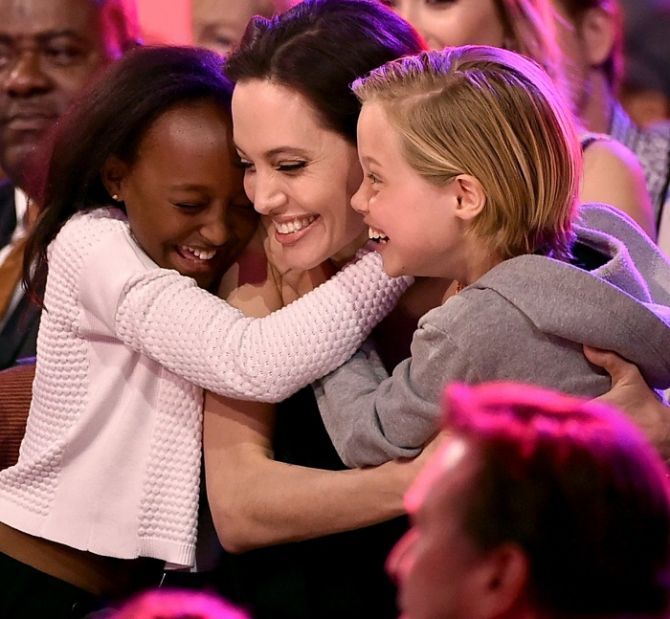 | « Back to article | Print this article |
Here's what you need to know about onco-fertility.

Breast cancer has become significantly prevalent among many young women in the country today, as the detection rates are going up. At the same time with improvement in cancer management, the survival rates are also on the rise.
It is estimated that around 1.5 lakh new cases of breast cancer were diagnosed in 2016, which is 10 per cent of all types of cancer cases in the country.
The Indian Council of Medical Research (ICMR), in one of its studies, stated that in the year 2016, the total number of cancer cases was expected to be 14.5 lakh and the figure is likely to reach nearly 17.3 lakh new cases in 2020.
How does breast cancer affect fertility?
According to Dr Puneet Rana Arora, fertility consultant, Nova IVI Fertility, New Delhi, breast cancer may not directly affect the fertility of a woman. However, the treatments of breast cancer such as chemotherapy, radiotherapy, hormonal therapy, etc do have adverse effects on women's fertility.
When a woman is first diagnosed with breast cancer, it is essential for her to be educated about how her fertility can be affected during the treatment process, especially if she is young and in her childbearing years.
Chemotherapy and radiotherapy work by acting against fast dividing cells of the body. These help to control or stop the cancer cells proliferation, but this treatment can also affect the normal dividing cells of the body and can cause damage to the gametes i.e. eggs and sperms, which are the dividing cells. This can lead to depletion of cells, and hence affects fertility.
Women are born with a finite number of eggs and in some, the treatment with chemotherapy and radiotherapy may lead to complete or partial loss of fertility potential, he said.
Fertility preservation
Dr Puneet Rana Arora said fertility preservation is an effort to help individuals retain their fertility or ability to procreate.
Onco-fertility bridges the specialties of oncology and reproductive endocrinology with the purpose of maximizing the reproductive potential of cancer patients and survivors.
Techniques such as egg freezing and embryo freezing can give hope to breast cancer patients who plan to conceive later.
Women who are unmarried have an option of preserving their oocytes prior to the chemotherapy and use those once they are declared disease free in the future to effect conception.
It has also been noted that women who have discussions about fertility prior to receiving cancer treatment are at less risk of developing psychological issues post completion of cancer treatment and also are found to have better quality of life.
Yet the worldwide uptake of oocyte or embryo freezing among cancer patients is at about 10 percent.
Other treatment options
Dr Arora said that not every cancer patient will have the opportunity to preserve their fertility before chemotherapy or radiation treatment. There are many instances where it becomes too late for a cancer patient to take the decision of preserving the oocytes or embryos.
For those who do not have frozen eggs or embryos prior to cancer treatment and whose gametes have been completely depleted, in-vitro fertilization with donor eggs is a common solution.
Egg donation is often a successful treatment for infertility in women who can no longer produce healthy eggs. The entire process of donating eggs, fertilizing them with sperm and implantation usually takes six to eight weeks per cycle.